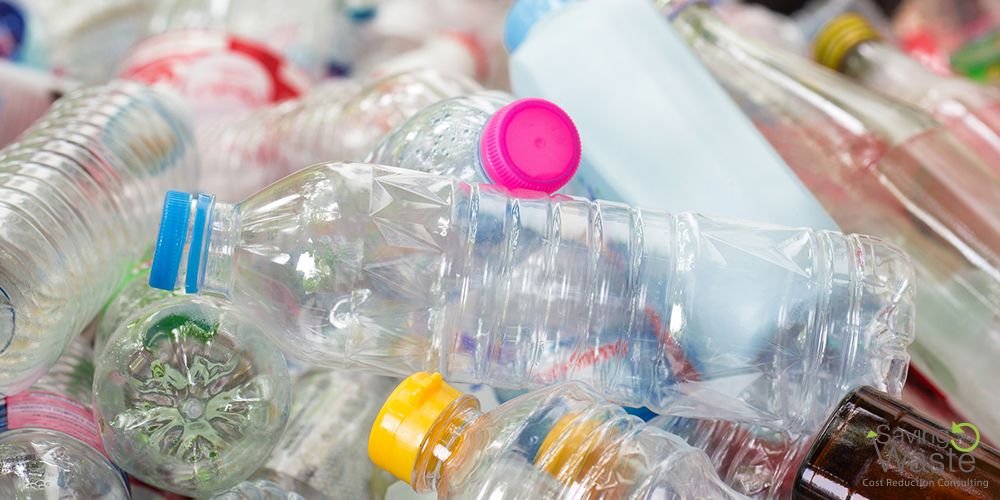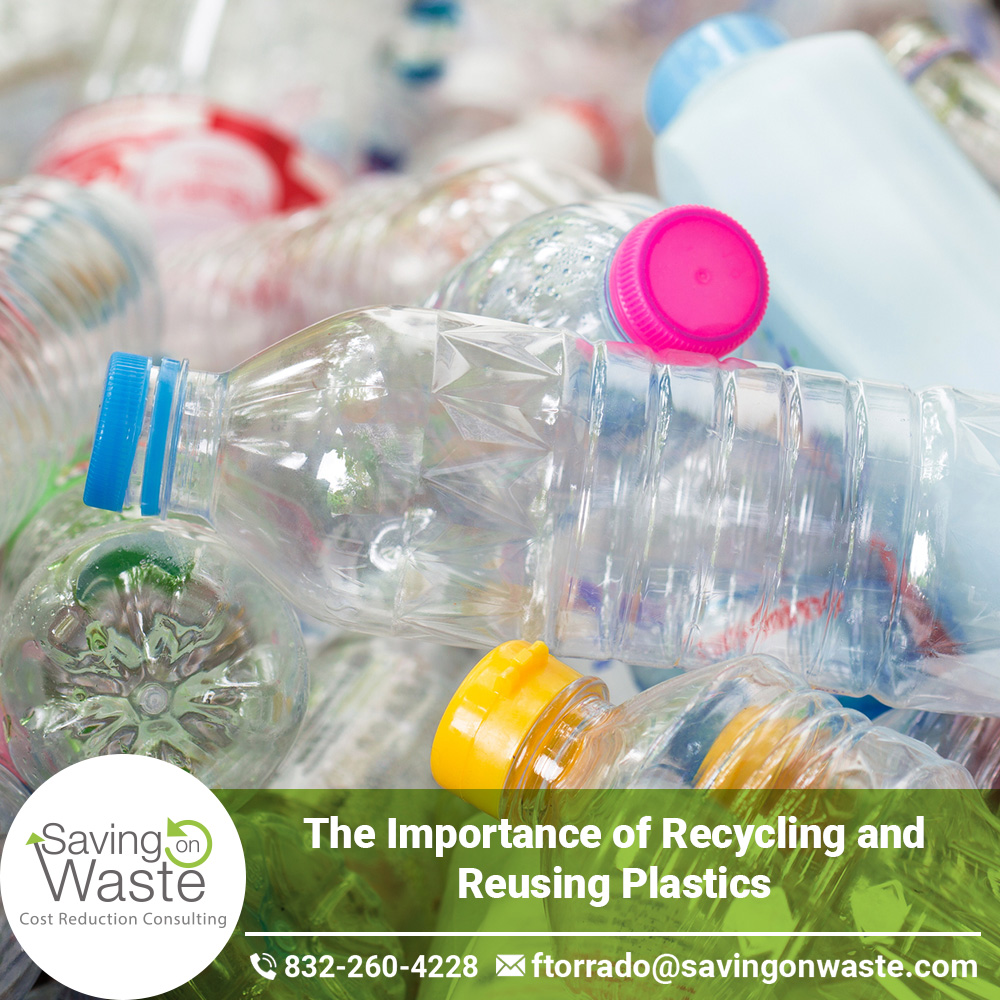
The Importance of Recycling and Reusing Plastics
Recycling is a process of collecting materials that have been used and are waste products and processing them for use again. The elements present in the waste are segregated and sorted and then prepared to be reused as raw materials for newer products. Reuse concerning recycling refers to waste products that are fit for usage after processing and sorting. Some conventional elements that can be recycled and reused are metals, paper, glass, batteries, and so on.
Recycling of plastics is essential in today’s world. Plastic, being a non-biodegradable material, takes several decades to degrade enough to be reused again. Recycling and chemically treating plastic for reuse are a better means to protect the environment from plastic pollution that allowing it to contaminate the Earth.
Plastic bags, bottles, containers, and so on can be seen polluting the oceans of the world and are causing a significant ecological hazard. By recycling plastic for daily use, awareness of plastic landfills, sea fills, and environmental issues can be spread and controlled. The more people that are open to using recycled plastic products, the better it will be for the world.
Let us look at why plastic recycling and reuse is important for our environment.
Natural resource conservation:
Recycling plastic waste materials help reduce the strain on the finite resources of the earth like natural gas, petroleum, coal, wood, and water. By reusing plastic instead of manufacturing the same grade of material every time, we are effectively reducing the footprint of the plastic on dump sites across the globe. Resource conservation is possible by recycling waste materials already present. Wood can be reclaimed and reused. Wood plastic composites can be made for better and more prolonged use instead of throwing away old bags and bottles of plastics.
The process to make plastic uses a lot of natural resources and energy, water, and petroleum is wasted. Recycling and reusing plastic would ultimately mean saving these natural resources to produce more non-biodegradable plastic that will harm the environment at a later stage. A reduction in the need for natural resources will help decrease the levels of carbon dioxide in the atmosphere and will prevent a surplus demand for petroleum products.
Helps reduce landfill space:
As already mentioned, plastics take many decades to break down completely. It does not matter where the plastic is stored or kept; it will still take a long time to degrade. By recycling and reusing plastic raw materials and fashioning them into other products, consumers can effectively reduce plastic space taken up in landfills that can be used for biodegradable materials to save the environment. Even things like induction hob pans should be recycled.
Theoretically, one ton of recycled plastic can save approximately seven cubic yards of space used in landfills. Overfilling landfills could spell disaster since space is limited, and waste is too high in quantity. Recycling plastic helps keep it out of landfills and also helps the environment.
Helps protect animals:
Reducing and reusing plastics is a sure way to protect our natural resources. However, reusing plastics also means that there is lesser plastic in landfills, rivers, deserts, forests, and oceans across the earth. It has been reported that several animal and water creatures die each year due to consumption of plastic material. Plastic cannot be digested by living organisms and instead, harms these animals and birds.
Plastic ends up destroying the natural habitats of the world with its non-biodegradable properties, and instead of helping to protect life, it ends up being the cause of many animal deaths. Every year, countless fish and marine animals die and face extinction due to excessive consumption of plastic.
Innovative uses:
Through need comes innovation and inventiveness. Plastic pollution and recycling awareness have brought some excellent ideas for reusing plastic and its products. Plastics can be used in shipbuilding and for construction sites. Since plastic is a non-biodegradable waterproof material, it does not have the chance of rotting or catching mould. Ships and decks can be made with toughened plastic to preserve the final products. Some sportswear and clothing accessories are also woven with plastic in their materials. Vehicle interiors that are made with recycled plastics can increase the life of the vehicle accessories and seat covers while also actively protecting them from spills, stains, fungus, mould, and smells.
While technology takes its leaps and bounds to help us live our life more comfortable, we must not forget that the earth should also be able to sustain this advancement. Waste disposal and reuse is the next step in conserving our resources and our planet for our future generations. Negatively affecting living beings on the earth should be avoided by reducing, reusing, and recycling all our plastic waste.
Source: Pupil Voice Wales
Saving on Waste is a cost reduction consultant company. Our main office is in Houston, TX but we can work in all of The United States. We would work for you, the client, and always have in mind your needs and try to maximize savings.

Best Trash Collection In Houston
Waste Hauler in Houston TX, Waste Collections in Houston TX, Waste Consultant, Trash Services, Trash Collection, Trash Pickup Services, Trash Reduction, Dumpster Collection ServicesSaving on Waste

